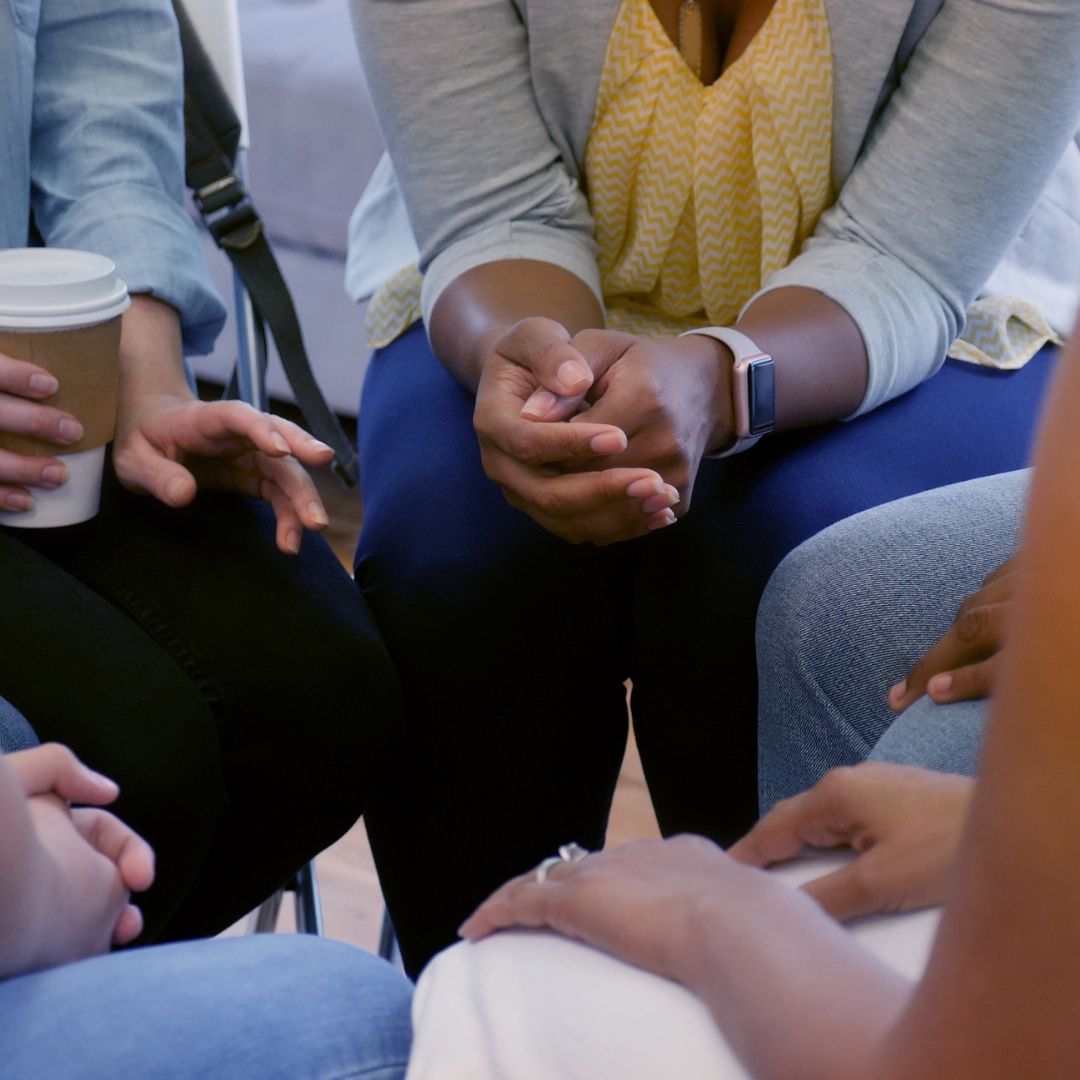Factors That Contribute to Relapse
There is no shame in relapse - but understanding the factors that can lead to it is a powerful step toward preventing relapse. These challenges are different for everyone, but common contributors include:
Triggers:
Life often presents unexpected reminders of old habits or behaviours, which can be challenging to maintain due to triggers in certain places, people, or situations, but recognising and preparing for these can help maintain control.
Personal Challenges:
Individuals often face unique challenges, such as stress, emotional pain, or life circumstances, which can be overwhelming. But remember, you don’t have to face your challenges alone. Help and support are always available.
Withdrawal Symptoms:
The discomfort of alcohol withdrawal and drug withdrawal symptoms can be daunting, and it is natural to want to avoid them. But with the right medical supervision and care, this stage can be managed safely and with as much comfort as possible, helping you move forward with confidence.
To help manage your relapse symptoms and triggers, do not hesitate to contact New Leaf's friendly team members. We can help you to find your path to lasting recovery whilst managing these factors.
Breaking the Relapse Cycle
When relapse occurs, it is an opportunity to reassess and refine the coping strategies for your recovery process. It can be a moment of insight, showing what areas need more attention or support. Rather than a setback, it can serve as a stepping stone toward a stronger, more sustainable recovery. Relapse is also a chance to:
- Identify specific triggers or situations that contributed to the relapse.
- Reassess coping mechanisms and find new tools to strengthen resilience.
- Seek additional support from friends, family, therapists, or recovery programs.
Most importantly, relapse does not erase the progress you have already made. Every effort towards recovery counts, and every moment sober or in healing contributes to long-term success. Whether through friends, family, counsellors, support groups, or therapy, you are not alone in this journey.

Common Misconceptions About Relapse
There are many misconceptions when it comes to relapse, which can make recovery more challenging for those facing a relapse challenge. Misconceptions are often spread by those who have never dealt with addiction and therefore may be difficult for those to understand what this is actually about. Some common misconceptions include:
“Relapse means I have failed” That is not true. Relapse is not an indication of failure; it is a signal that some aspects of the recovery plan may need adjustment.
“I am back to square one.” Not really. The progress you have made is never erased. The tools, knowledge, coping strategies and strength gained during recovery remain with you.
“Relapse only happens to weak people.” Addiction is complex, and relapse is a common part of the recovery process, regardless of strength or willpower. Being able to recognise an addiction and start your path to recovery is one of the most difficult parts of it, and you have already made it!
Get in touch with one of our team members for help and support.
Why Relapse is Not a Failure
Relapse is often seen as a setback, but it is also an important part of the recovery journey. Each relapse episode provides insights into what works and what doesn’t for each one, helping individuals refine their recovery strategies.
That does not mean you need or that you will relapse while in recovery but means that it can happen, and if it does, it does not mean you are on the wrong path. With the right mindset and support, it becomes possible to turn a difficult moment into an opportunity for growth.
Building Resilience in Recovery
Resilience is more than just a buzzword—it is the inner strength that helps you rise above challenges and setbacks. When it comes to recovery, resilience is your ability to adapt, grow, and bounce back from difficulties, making it a cornerstone of long-lasting sobriety.
Building resilience is not about avoiding challenges but learning how to face them with strength and determination. It is about developing skills and habits that empower you to navigate life’s challenges without turning to old patterns and habits.

Turning Relapse into a Learning Experience
It is okay to ask for help, and it is okay to stumble. What matters most is the courage to keep moving forward. Recovery is a process, and with determination and support, a brighter future is always within reach.
For help with relapse, contact one of our team members at New Leaf. We offer a range of treatments and therapies for recovery, as well as counselling and medically supervised detox. Our aim is always to help people on their path to recovery!
Receive a Free Call Back
Callback Contact Form
Other Areas We Have Helped
Sutton Coldfield | London | Manchester | Newcastle | Plymouth | Acocks Green | Birmingham | Bromsgrove | Coventry | Dudley | Edgbaston | Halesowen | Lichfield | Redditch | Selly Oak | Smethwick | Solihull | Stourbridge | Walsall | West Bromwich | Wolverhampton | Worcester | Bournemouth
Addiction Treatment
Our Complete Recovery Journey - from your initial enquiry, all the way through treatment and beyond into ongoing support, New Leaf Recovery are there to guide and support you.
Treatments & Services
New Leaf offers a complete journey of treatment - from initial detoxification and rehabilitation to ongoing support, including aftercare, family support, and beyond into long-term recovery.
Accommodation
Getting the right accommodation enables us to provide the right backdrop for our recovery methods. Any form of rehabilitation needs to happen in a safe, comfortable, secure and friendly environment.

